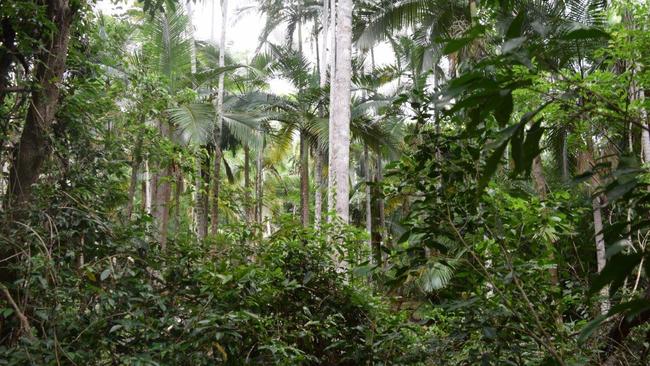Tortured, incomplete and unsubstantiated: whistleblower’s verdict on carbon credit review
The whistleblower who forced a review into Australia’s carbon credit system has lashed the outcomes of the federal government’s investigation.

The whistleblower who forced a review of Australia’s carbon credit system has lashed the outcomes of the federal government’s investigation, saying its findings are incomplete and unsubstantiated, and its recommendations are “tortured”.
Andrew Macintosh, the former head of the government’s Emissions Reduction Assurance Committee, blew the whistle on the Australian Carbon Credit Unit system almost a year ago, arguing it was a fraud that had wasted more than $1bn of taxpayers money and had done more damage than good to the environment.
His research, published ahead of the 2022 federal election, led to a review of the system commissioned by incoming climate minister Chris Bowen and chaired by former national chief scientist Ian Chubb.
But, in a new paper to be published on Wednesday, Professor Macintosh says although governance reforms recommended by the Chubb review are welcome and should lead to “significant improvements” to new projects entering the system, they do not go far enough to stop sham projects already registered from claiming carbon credits.
The Chubb review essentially dismissed claims the ACCU system has integrity problems and does not help deliver genuine cuts to greenhouse gas emission levels in Australia. Professor Chubb told reporters on its release the scheme was “not as broken as has been suggested”.
Prof Macintosh’s response to the review, written with fellow researchers from the Australian National University and the University of NSW, ramps up his criticism of its findings.
“The review panel’s findings on the methods are unsubstantiated and incomplete, and its recommendations are tortured, whereby they do not explicitly state there are any problems but implicitly acknowledge the underlying issues and recommend they be fixed,” the report says, arguing that doing so could significantly undermine the federal government’s plan to reduce emissions by toughening the safeguard mechanism.

“The key flaw in the proposed reforms is that they could largely leave existing projects untouched.”
The 1430 offset projects registered to generate ACCUs on December 19, the paper says, use 42 methods of abatement. Of these, 560 use the scheme’s three “main method types” – landfill gas, avoided deforestation and human-induced regeneration (HIR) of native forests, with the latter accounting for about 40 per cent of ACCUs currently issued.
But, while the paper agrees with review’s recommendation that oversight of system be tightened to ensure only regeneration projects that actually comply with the intent of the scheme – that the project area will become native forest and permanently store carbon – are involved, it says the recommendation will ultimately fail if its administration by the Clean Energy Regulator is not improved.
“The full and proper implementation of the panel’s recommendations would have profound implications for existing projects and the ACCUs they are able to generate; eligible (regeneration) areas could be reduced by more than 90 per cent. Moreover, proponents could be required to surrender an equivalent number of ACCUs as have been issued in relation to these ineligible areas,” the paper says.
“However, whether the method requirements are properly applied depends on the Clean Energy Regulator. To date, the Clean Energy Regulator has refused to admit there are any problems with the scheme or its administration, including with the interpretation and application of the HIR method.”
The paper argues that if existing projects are not reviewed to ensure they are meeting their promises, up to 75 million “low integrity” ACCUs – each representing a tonne of carbon-equivalent emissions – will be generated under the three main methods in the scheme alone.
“This is a substantial threat to the effectiveness of the safeguard mechanism,” the paper says.


To join the conversation, please log in. Don't have an account? Register
Join the conversation, you are commenting as Logout